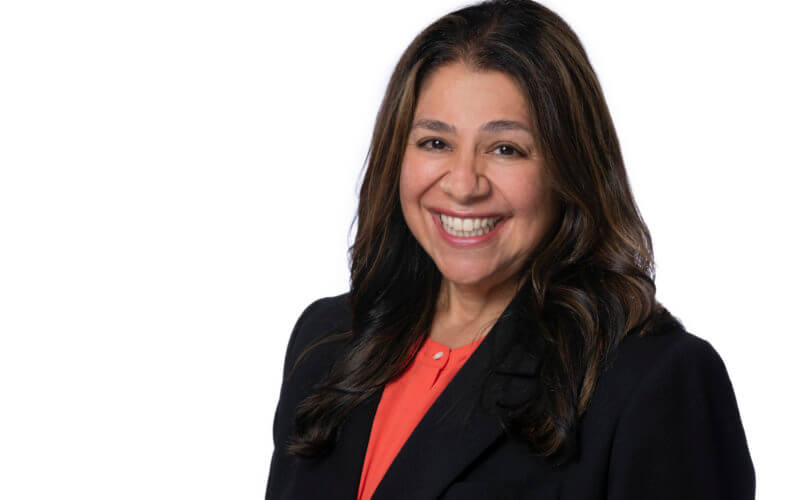
President Joe Biden said in a recent 60 Minutes interview that, although COVID-19 is still a threat, the pandemic is a thing of the past.
Dr. Mojgan (Mo) Sami, assistant professor of public health and co-director of the Health Equity for All (HEAL) Lab at Cal State Fullerton and a special task force advisor on health and environment at the World Health Organization, warns against believing that the pandemic is over.
Some of Dr. Sami’s thoughts:
Is the pandemic over?
“Messaging from American leaders that claim the pandemic is over, or that we are only testing to treat illness rather than encourage communities to continue mitigation of transmission risk (e.g., getting up to date with vaccines and wearing masks in indoor public spaces) is disastrous for our global collective health and recovery.”
“Technically speaking, a pandemic is ‘over’ only when the World Health Organization says it’s over. And it’s not over!”
“We must recognize that a highly transmissible respiratory infectious disease pandemic is a global phenomenon, which does not respect our norms of national sovereignty and personal freedom. Regardless of the declining number of reported cases in the United States, we must recognize that our health is highly interdependent with the health of all other nations.”
What must we do?
“It’s time to prioritize the prevention of disease and injury back into our discourses of health in the United States. Health is not just the absence of disease, as stated by the WHO in its constitution. It is a state of complete physical, mental and social well-being for all communities.”
“The sooner we recognize that our health is tied up with one another, the better we will deal with the myriad of global problems that are anxiously waiting for collective solutions. Scientists can’t save us without global solidarity when it comes to climate change, infectious diseases, war and injustice. We must recognize that the future is about collective care.”